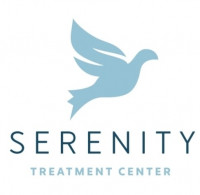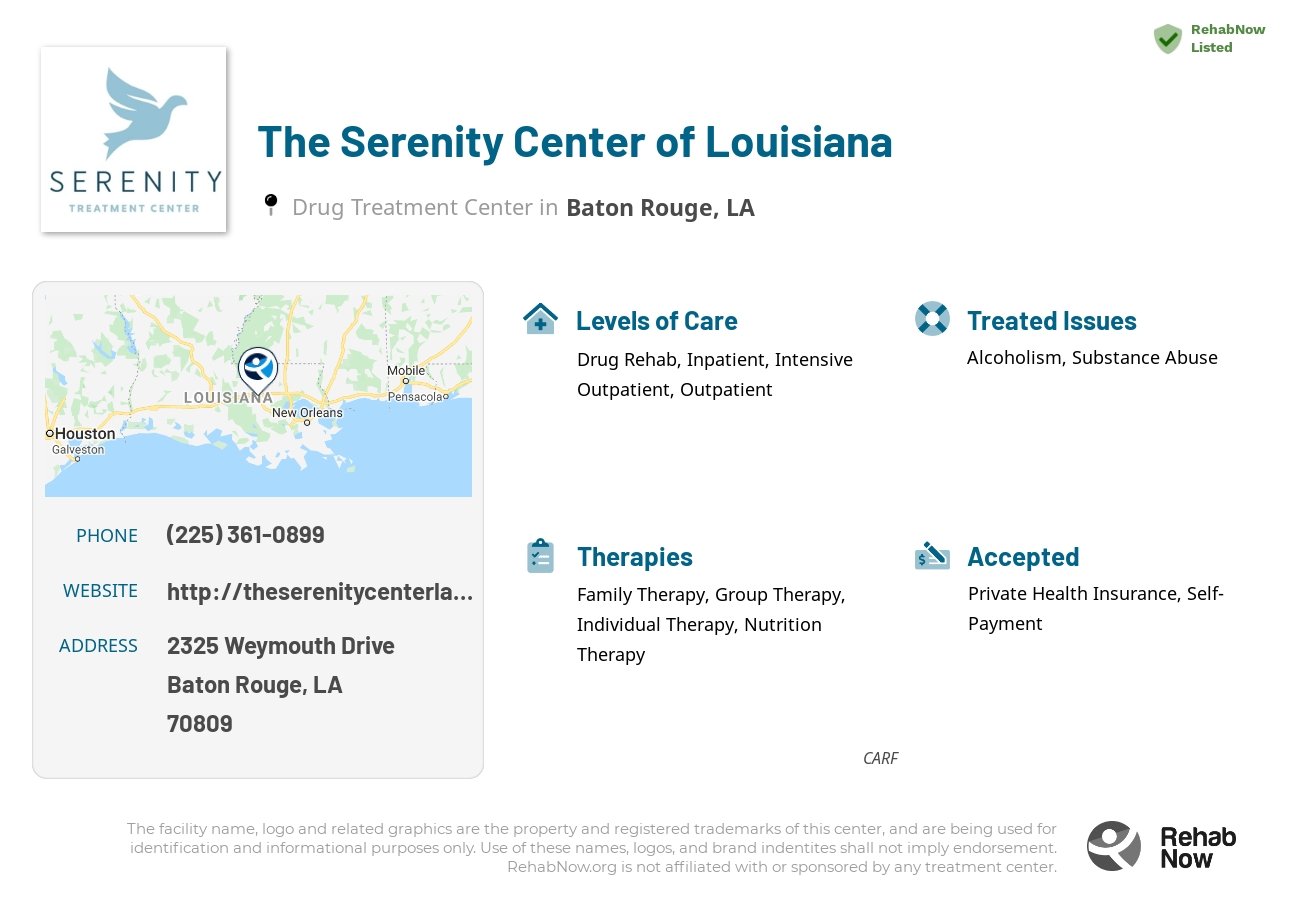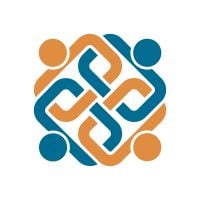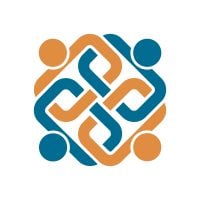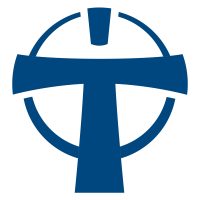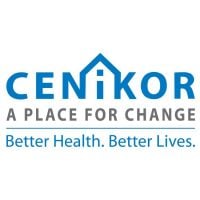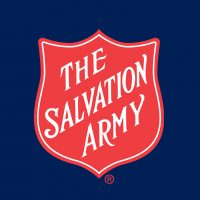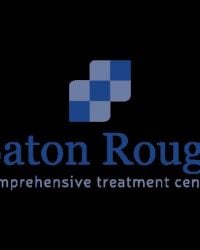The Serenity Center of Louisiana
Drug Rehab Center in Baton Rouge, Louisiana
The Serenity Center of Louisiana is a CARF-accredited Drug Rehabilitation Facility located in Baton Rouge, Louisiana that provides Inpatient, Intensive Outpatient, and Outpatient programs for Alcoholism, Substance Abuse, and Drug Addiction and accepts private health insurance.
About The Serenity Center of Louisiana in Louisiana
The Serenity Center of Louisiana, located in Baton Rouge, is a renowned addiction treatment facility dedicated to providing personalized care for individuals struggling with alcoholism and drug dependencies. With a focus on treating each client as a unique individual, their cutting-edge program offers highly effective treatment tailored to specific goals and needs.
- Comprehensive services for adults (18+) battling chemical dependencies
- Holistic approach combining education, therapy, AA step work, and addiction-free living
- Thousands of successful graduates attest to the program's efficacy
This CARF-accredited center offers a range of evidence-based treatment options, ensuring patients receive compassionate support and proven therapeutic approaches.
The Serenity Center of Louisiana specializes in treating alcoholism, substance abuse, and drug addiction through various levels of care, including drug rehab, inpatient, intensive outpatient, outpatient, intervention, and residential treatment. Their commitment to delivering high-quality care is reflected in their CARF accreditation.
Genders
Ages
Modality
Additional
Accreditations

CARF
The Commission on Accreditation of Rehabilitation Facilities (CARF) is a non-profit organization that specifically accredits rehab organizations. Founded in 1966, CARF's, mission is to help service providers like rehab facilities maintain high standards of care.
Conditions and Issues Treated
Some addicts can benefit from substance abuse treatment, which is designed to help them become and remain sober without the use of medications. These programs are typically used by those struggling with drugs like marijuana or hallucinogens. However, they might be beneficial for those with a co-occurring mental health disorder like schizophrenia, major depression or bipolar disorder.
During this type of treatment, the addict will meet with therapists and other professionals on a regular basis to learn coping skills and healthy ways to deal with their addiction and mental health disorder.
Treatment programs often combine medications with counseling, support groups and even medical services like those found in hospitals or doctor’s offices. There are also detoxification services that addicts can use to get sober and avoid severe withdrawal symptoms.
Levels of Care Offered
This center offers a variety of custom treatment tailored to individual recovery. Currently available are Drug Rehab, Inpatient, Intensive Outpatient, Intervention, Outpatient, Residential, with additional therapies available as listed below.
Inpatient rehab means you live there while your addiction or co-occurring disorder is treated. Prescribed medications are used along with counseling.
This type of rehabilitation provides a drug-free environment for people who struggle with chronic/long-term addiction (or their own home). Jobs or school can be put on hold until after the stay to focus solely on recovery.
An intensive outpatient program is usually the first phase of addiction treatment. It provides relief for those addicted, but not ready to commit to an inpatient setting. IOPs consist of a daily 3 to 5-hour program, and there is a required number of hours per week. The goal here is to teach patients healthy coping skills, such as stress management.
Outpatient programs offer a lower intensity level of addiction treatment than inpatient facilities. They are ideal for those who have graduated from inpatient facilities, have a supportive home environment, and are motivated to commit to the program. Services offered include medication-assisted treatment, individual and group therapy, and peer group support.
This treatment is a popular option for those suffering from a lower intensity addiction. It is not advisable for someone who needs to go through a medically supervised detox or does not have a supportive home environment. It requires motivation and dedication to commit to the program without constant monitoring.
Residential treatment programs are those that offer housing and meals in addition to substance abuse treatment. Rehab facilities that offer residential treatment allow patients to focus solely on recovery, in an environment totally separate from their lives. Some rehab centers specialize in short-term residential treatment (a few days to a week or two), while others solely provide treatment on a long-term basis (several weeks to months). Some offer both, and tailor treatment to the patient’s individual requirements.
Interventions help families and friends express their feelings, express their desire for change, and plan for action. Interventionists are trained professionals who help family members plan or lead interventions. Family members should help choose an experienced professional to guide their loved one through treatment. Across the country, intervention services are available.
Therapies & Programs
During individual therapy at The Serenity Center of Louisiana in , the person in recovery meets with a therapist one on one to go over their situation and learn from past mistakes. The counselor or therapist will use this time to address the causes of addiction, triggers, and any mental issue or dual diagnosis. They will also address aftercare plans, giving them the best chances of long-term sobriety.
This therapeutic process is very intense and challenging to go through. Some clients may find it easier to open up with someone apart from their family or loved ones who understand their struggles and experience with addiction.
Family therapy is designed to help addicts get clean and sober by using what they love the most; their family. Most drug treatment centers make it mandatory that the addict’s family attend therapy sessions, which is great because having everyone there to support them makes it much easier for them to get clean. Not only are they surrounded by people who want them to get better, but everyone is there because they want the best for them, not because they feel like they have to be.
Drug addicts are often surrounded by resentful or uneducated family members who would, at times, rather see them stay addicted because it makes their own lives easier. Sometimes they don’t understand what the addiction is or how they play a part in it. They know that during and after the addict’s sobriety journey, they will face challenges and changes that they aren’t sure how to handle. This can be very tough for an addict to go through on their own, which is why it’s so important that they have the support of their family. Just because someone is an addict does not mean that they don’t deserve the love and support of those around them.
Addicts in Baton Rouge, LA can find support in group therapy at The Serenity Center of Louisiana by finding peers who understand their situation and being held accountable. They also learn to develop faith, understanding, and insight into their addiction through shared conversations.
Group Therapy is employed by drug treatment centers to provide the recovering addict with a platform to talk about their feelings and experiences. It also provides for an opportunity to learn from other addicts who have successfully overcome their addiction. It is recommended that all group members be recovering addicts for this type of therapy to work.
Many people who struggle with addiction in Baton Rouge, Louisiana also have trouble managing their daily responsibilities after treatment. With this type of therapy, addicts are taught how to manage their time, attain specific goals, and take care of all facets of their lives without the influence of drugs or alcohol.
During these sessions, therapists will work with addicts to identify personal values and goals. They will then help addicts set goals for achieving those values and standards. In the process, therapists help addicts develop strategies for fulfilling their goals and successfully managing their responsibilities.
In many cases, this type of therapy is used in conjunction with other types of addiction treatment services to address specific issues that affect a recovering addict’s ability to stay sober.
In a 12-Step Program, peers help each other to achieve the goal of total sobriety. 12-Step Programs are available in almost every city in the United States. They’re a relatively simple set of steps that are done continuously to move through life with awareness, accountability, and honesty. The recovery technique used by Alcoholics Anonymous is the 12 step program, but it can relate to any form of addiction.
Nutrition therapy has been used as a treatment modality for addiction recovery and in eating disorders for adults, adolescents, and children. Specific nutrients have been identified that influence neurotransmitters associated with reward pathways of the brain. Carbohydrate loading with complex carbohydrates to elevate serotonin levels was effective in treating bulimia nervosa. This approach prompted researchers to explore the use of this type of nutritional intervention in other disorders.
Nicotine replacement therapy is a popular method of treatment that helps individuals overcome their addiction to cigarettes by providing them with safer alternatives. Nicotine replacement options can include:
- Inhalers
- Gum
- Patches
These treatments are often used in combination with other therapies, such as cognitive behavioral therapy or motivational interviewing, to help individuals more easily transition into a smoking-free lifestyle.
Patient Experience
Experiential Therapy at The Serenity Center of Louisiana
Experiential therapy is a type of treatment involving immediate, intense experiences designed to manage addiction. Experiential therapy is beneficial for:
- People who are seeking to overcome an addiction but have difficulty focusing on treatment goals
- People with short attention spans due to high levels of stress or difficulty concentrating
- People who are afraid of engaging in treatment due to negative past experiences
Payment Options Accepted
For specific insurance or payment methods please contact us.
Is your insurance accepted?
Ask an expert, call (888) 674-0062
Additional Details
Specifics, location, and helpful extra information.
Baton Rouge, Louisiana 70809 Phone Number(225) 361-0899 Meta DetailsUpdated April 15, 2024
Staff Verified
The Serenity Center of Louisiana Patient Reviews
There are no reviews yet. Be the first one to write one.
Baton Rouge, Louisiana Addiction Information
Louisiana is one of the top ten states in the nation for opioid-related deaths. One in ten high school students admits to regularly using prescription opioids for non-medical purposes. More than 225,000 Louisiana residents admit to regular heavy drinking and around 6% of the Louisiana population abuses alcohol. Marijuana use in Louisiana is most common amongst teenagers between the ages of 12 and 17 years old.
Opioid overdoses are on the rise in Baton Rouge and throughout Louisiana. In 2019, opioid fatalities in Louisiana rose by 25%. In 2018, there were 1,140 drug overdose deaths in Louisiana; 40% involved opioids. Methamphetamine is involved in 20% of drug relapse treatment admissions in Baton Rouge, Louisiana. There are several drug treatment programs available through Baton Rouge including medication-assisted therapy and detoxification
Treatment in Nearby Cities
- Jena, LA (106.8 mi.)
- White Castle, LA (18.4 mi.)
- Winnsboro, LA (125.7 mi.)
- Vinita, LA (489.1 mi.)
- Plattsmouth, LA (779.6 mi.)
Centers near The Serenity Center of Louisiana
The facility name, logo and brand are the property and registered trademarks of The Serenity Center of Louisiana, and are being used for identification and informational purposes only. Use of these names, logos and brands shall not imply endorsement. RehabNow.org is not affiliated with or sponsored by The Serenity Center of Louisiana.
